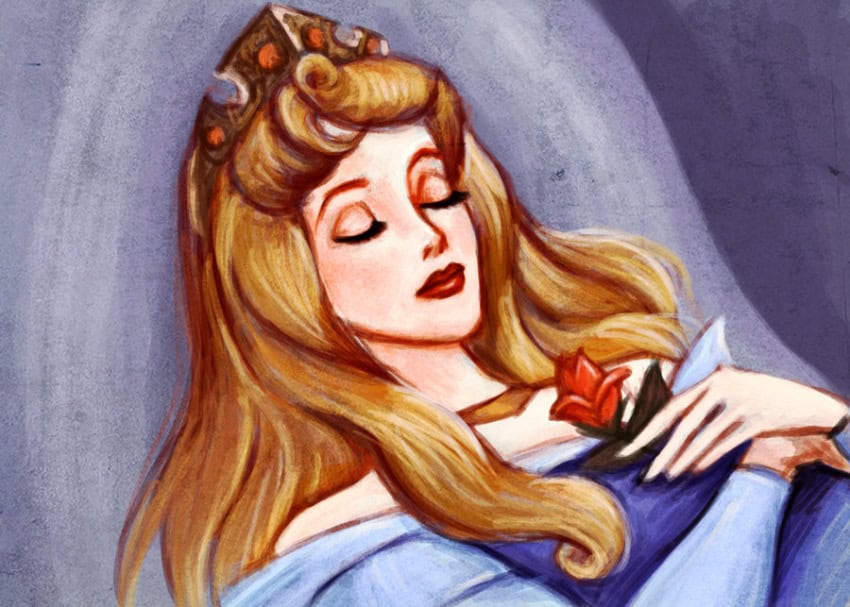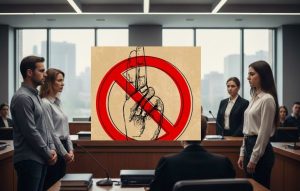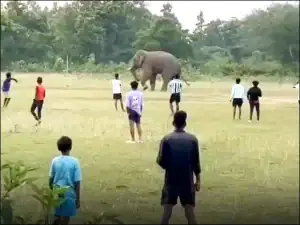ADELAIDE (Web Desk) – An Australian teenager who suffers from a one-in-a-million condition has been dubbed the real life sleeping beauty.
Georgia Green suffers from Kleine-Levin syndrome, a rare neurological sleep disorder which means she sleeps without waking properly for up to 10 days at a time.
The condition, which has no treatments or cure, can strike nineteen-year-old Ms Green out of the blue, leaving her bed ridden for weeks at a time.
“When I experience an episode, I can be out for ten days at a time. It get a foggy feeling in my head when it’s coming on and the next thing I know I’m just knocked out,” Ms Green told Daily Mail.
After thorough blood tests, MRI and brain scans and experimenting with a medley of medications, Ms Green was finally diagnosed with the rare Kleine-Levin syndrome three years ago.
The one in a million sleep disorder sees victims suffer regular ‘episodes’ where they sleep for 12-to-18 hours a day and are in a sleep-like state the rest of the time.
“I generally sleep for about 10 days, then I get insomnia for a night because I’ve overslept, so it’s nearly two weeks before I’m back on track.”
The episodes carry a medley of short term symptoms-including extreme junk-food cravings and mood swings, but the biggest impact is on her day-to-day routine.
“I missed weeks of school at a time, missing my best friend’s birthday celebrations, missing work. It disrupts everything,” he said.
Ms Green dropped out of school during her HSC after missing a string of important exams. She now works as a sales assistant while studying at Flinders University.
According to her, she has suffered about 35 episodes, which totals nearly a year of her life ‘lost’ at the hands of the rare condition.
‘For the first two years I had an episode every month. It has since become more infrequent, but there are no precautions you can take to avoid it happening.”
KLS has no cure or medication to reduce the severity of episodes, forcing Ms Green to sacrifice important aspects of her life.
“Dropping out of school and abstaining from alcohol had no effect. When an episode comes on you have to drop everything and just endure it.”
The condition reportedly diminishes when victims near their 30’s, but until then there is nothing the teenager can do.


















